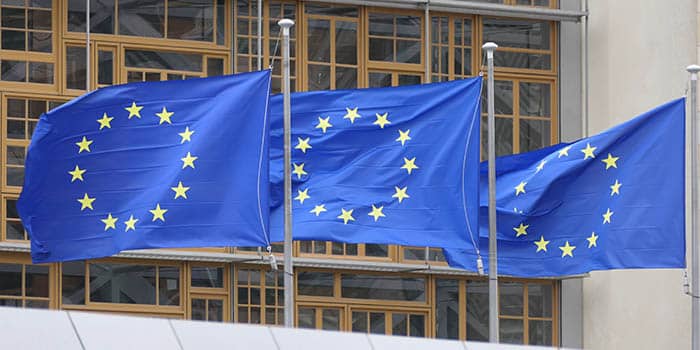Spain Steps Forward as a Leader in European Gambling Regulation
Summary
Spain hosted the International Gaming Congress and a separate DGOJ meeting, signalling an active push to shape gambling regulation across Europe. Senior ministers and regulators emphasised protection of minors and consumer rights, while announcing concrete measures — including a ban on welcome bonuses and a rule that online gambling payments must come from a bank card registered to the account holder. Academic research and industry dialogue were promoted to align harm-prevention strategies with sustainable market practices. Regulators from several EU countries agreed to step up cross-border cooperation to tackle illegal online gambling and problematic advertising, and plan to publish a voluntary regulatory framework in early 2026.
Key Points
- Spain hosted the International Gaming Congress to showcase its regulatory ambitions and influence among EU regulators.
- Protecting minors and preventing early exposure to gambling remain top priorities for Spanish policymakers.
- New measures highlighted include a full ban on welcome bonuses and a requirement that deposits come from a bank card linked to the player’s account.
- Academic research was central to discussions, focusing on behavioural patterns and harm-prevention strategies to balance consumer safety with economic sustainability.
- On 12 November, the DGOJ convened regulators from multiple countries to boost cross-border cooperation against illegal operators and illicit advertising.
- Regulators plan to share intelligence, file joint complaints with digital platforms to remove illegal ads, and publish a voluntary regulatory framework in early 2026.
Content summary
Spain is actively positioning itself as a leader in European gambling regulation by convening policymakers, industry and academics. Ministers and senior officials used the International Gaming Congress to underline consumer protection aims, notably safeguarding children and reducing harm. Recent legislative moves in Spain include banning welcome bonuses and tightening payment-source rules to prevent fraud and unauthorised accounts. Parallel talks led by the DGOJ brought regulators from Germany, France, Austria, the UK, Italy, Spain and Portugal together to agree enhanced information sharing and coordinated action against unlicensed operators and illegal advertising. The gatherings emphasised collaboration between regulators and the industry, with a voluntary framework expected in early 2026.
Context and relevance
This matters because Europe’s gambling market is increasingly shaped by national regulators cooperating on enforcement and advertising standards. Operators, affiliates, payment providers and ad platforms face potential changes to onboarding, promotions and compliance checks. The move reflects wider trends towards tougher consumer-protection rules and joint cross-border enforcement to curb illegal operators exploiting gaps between jurisdictions.
Why should I read this?
Short and sharp: Spain’s playing hardball and the rest of Europe is listening. If you work in compliance, marketing, payments or are an operator, these changes could hit onboarding, bonuses and ad tactics. Read this to know what might change next and where to tighten your processes — saved you time, you’re welcome.
Author style
Punchy — this piece highlights an active regulatory shift with practical implications. Important for anyone tracking policy or running gambling operations; the detail matters because it signals real, near-term enforcement and policy moves across multiple countries.
